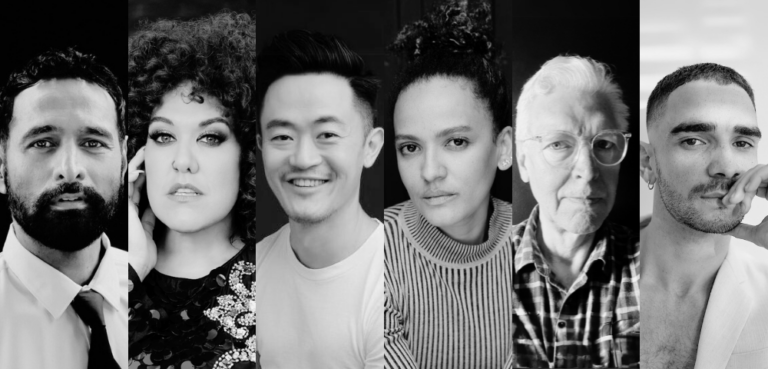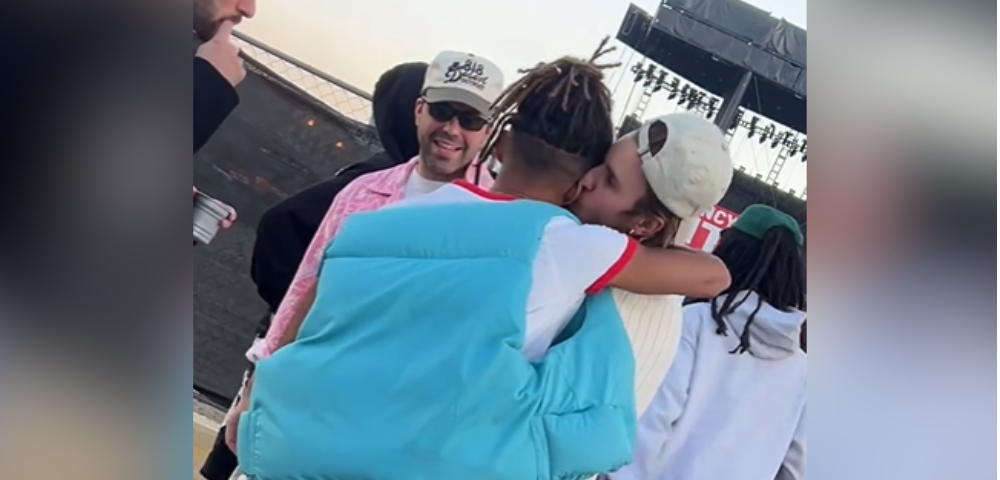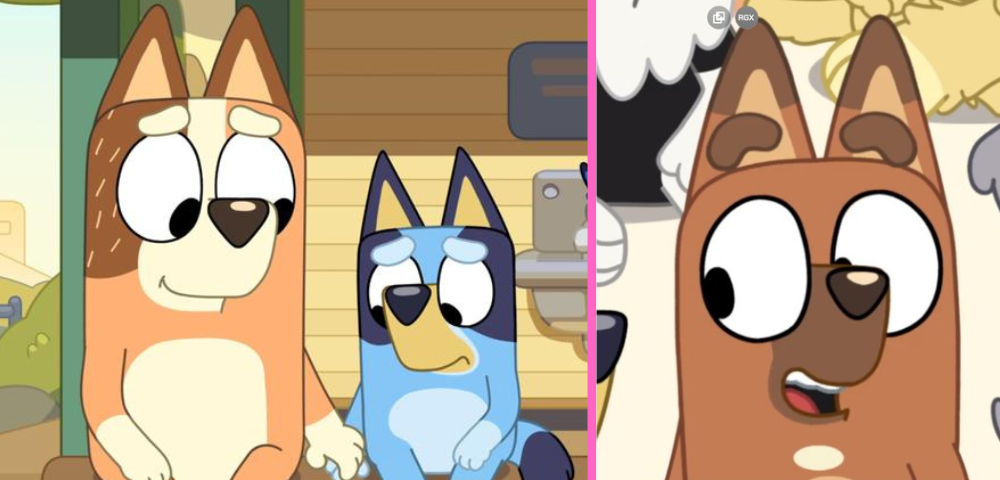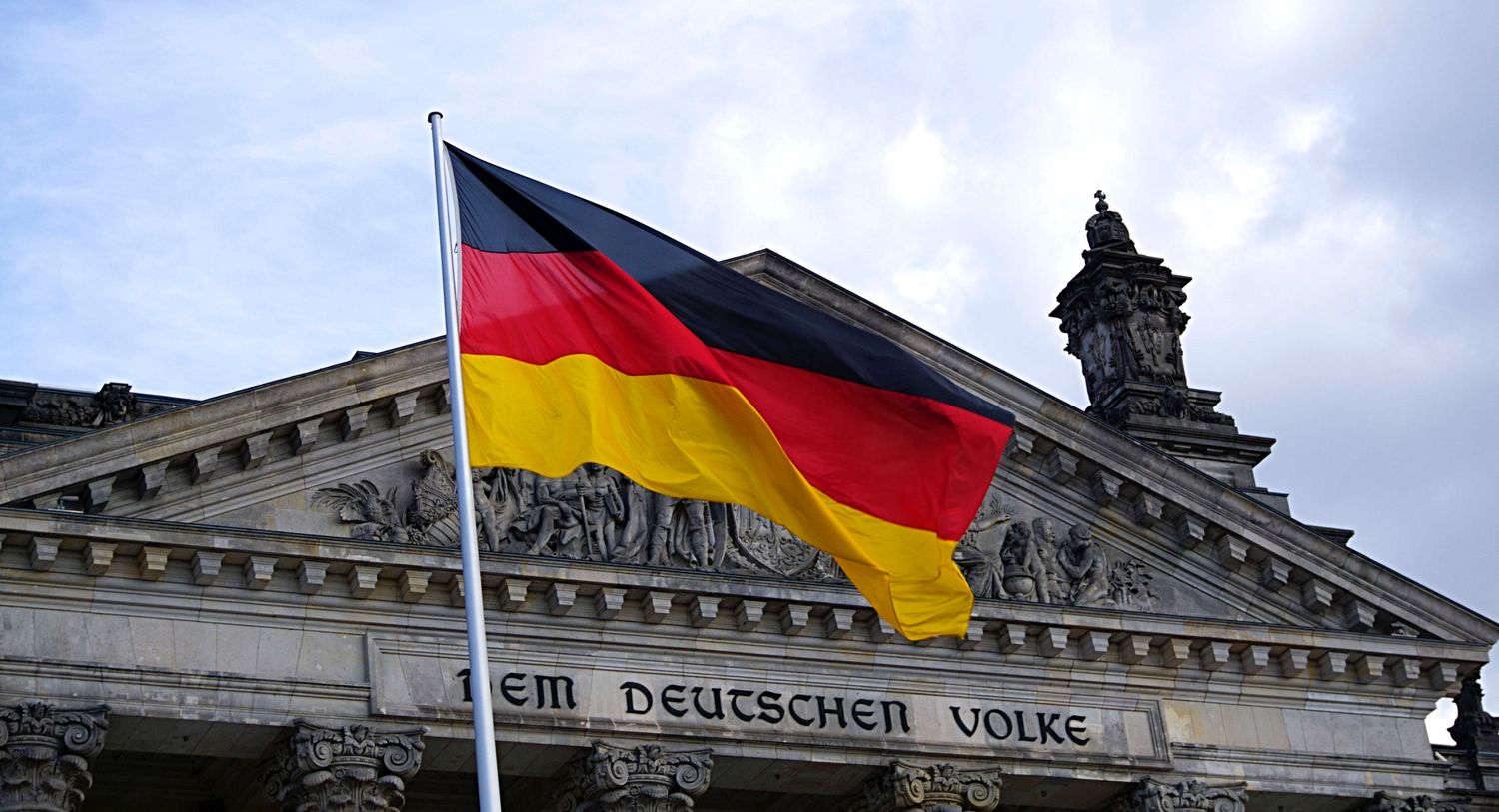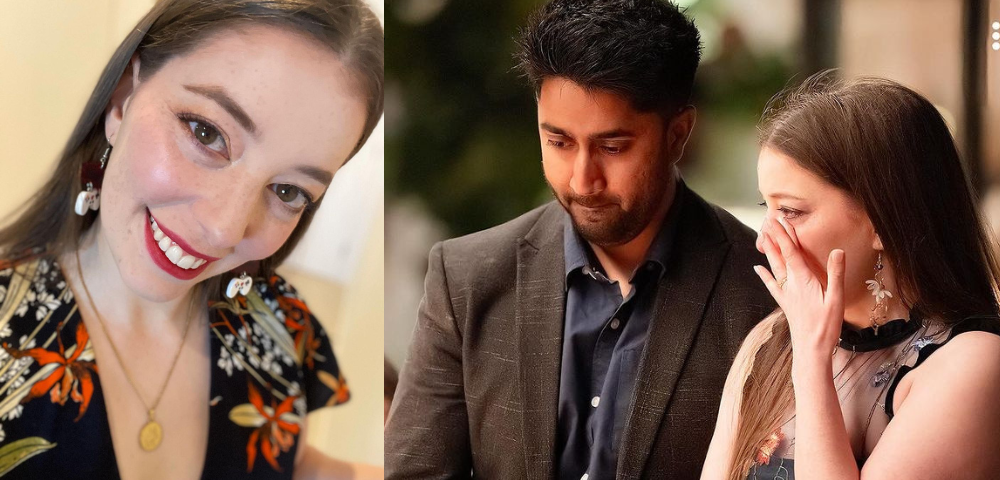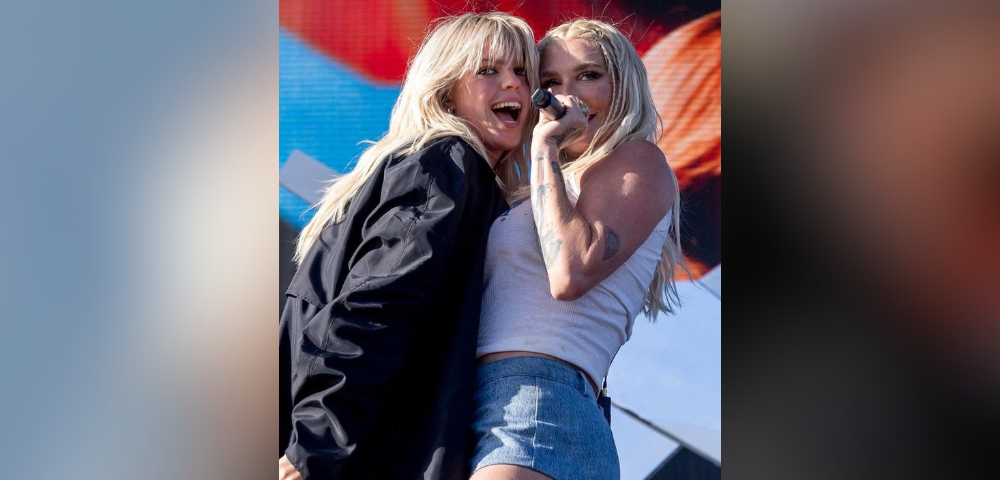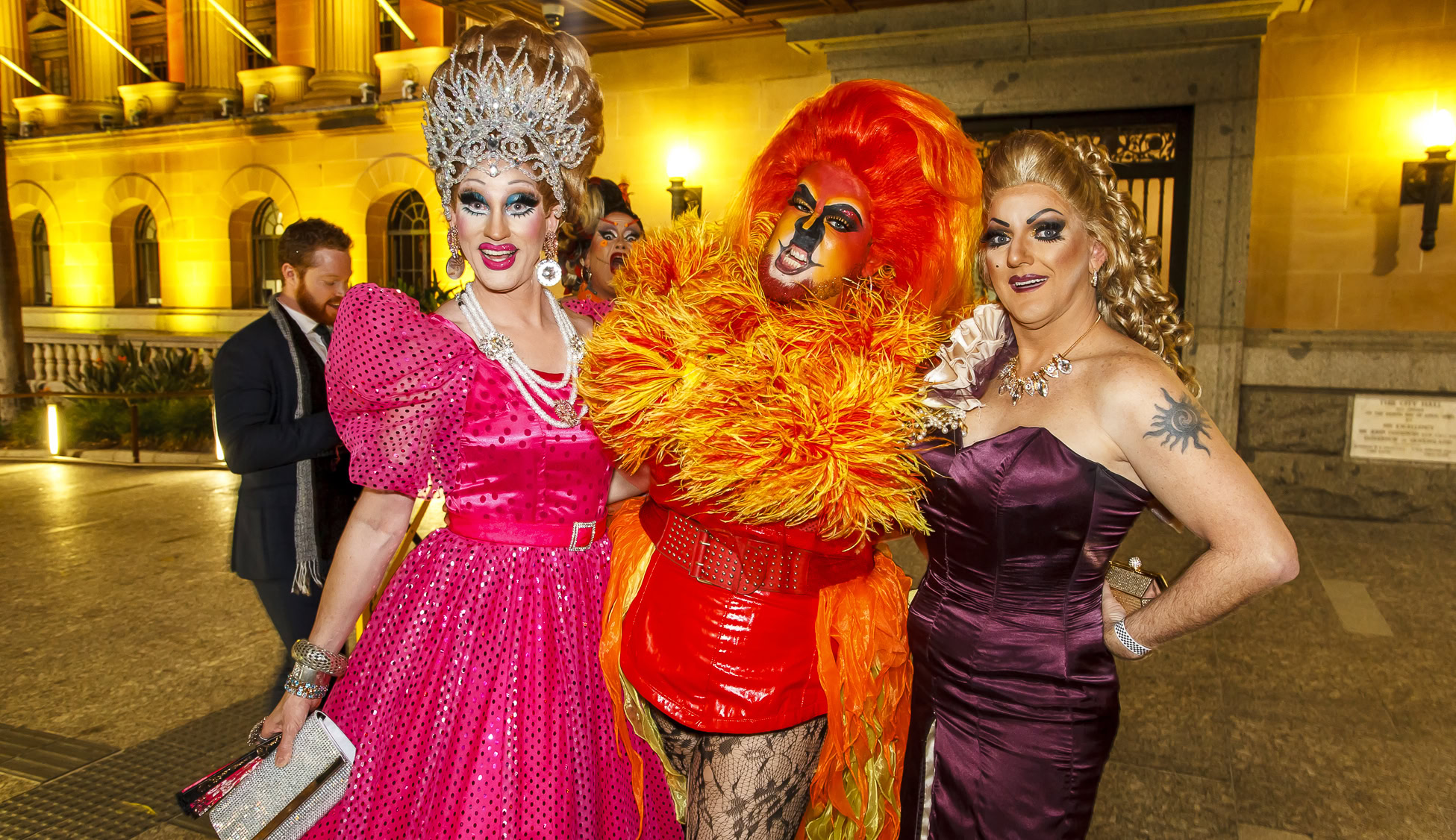
Literary magazine explores queer exclusion

 Melbourne-based literary magazine Overland held a panel discussion on Wednesday night exploring under-represented voices in Australian literary publishing, following the success of their CAL Connections project. One panellist, Alyena Mohummadally, wrote a piece for the project on being queer and Muslim.
Melbourne-based literary magazine Overland held a panel discussion on Wednesday night exploring under-represented voices in Australian literary publishing, following the success of their CAL Connections project. One panellist, Alyena Mohummadally, wrote a piece for the project on being queer and Muslim.
For CAL Connections, Overland sought contributions from a range of under-represented communities, including queer writers, Muslim writers and Indigenous writers, commissioning one essay from each.
“It came specifically out of the exclusion of women, but as soon as you start thinking about that it immediately poses the question, what other exclusions are taking place?” said Overland editor Jeff Sparrow, telling Star Observer how the project began.
“Even though it was only ever going to be slightly tokenistic it was at least raising the fact that there were people from other backgrounds who were being excluded from the publishing industry in Australia, and was a way of sort of kicking that discussion along.”
However, in discussing the project, Sparrow said they immediately realised its inherent problems.
“If you’re doing a call out for queer writers do they all have to write about queer issues?” he said.
“What if, for instance, they want to write about the situation in Iraq? It’s easy to end up in a situation where you simply replicating the notion that if for example you’re a writer from a Muslim background you must write from a Muslim background.”
In the “Queer writers” category, the published essay by David Donaldson was an analysis of the “gay panic” legal defence still in effect in some Australian jurisdictions, but Sparrow said they didn’t take a stance on subject matter one way or another.
“What has tended to happen is that people have written about the kinds of exclusion that they in particular face,” he said, noting Mohummadally’s piece about her personal experiences of both exclusion and inclusion around being both Muslim and queer.
“It was a nice outcome that this project could challenge in a sense the notion that people could be neatly put into one box or another.”
Sparrow argued that this breaking down of the categories they had chosen pointed to exclusion itself as a point of connection between different people’s experiences.
“I guess it illustrates the fairly basic issue that as soon as one group starts fight back about oppression it does open up possibilities for others as well,” he said.
Overland is still publishing essays in the CAL Connections project, and previous essays are available on the publication’s website.



